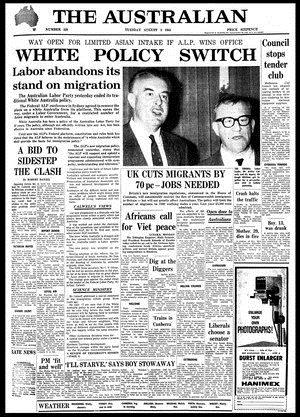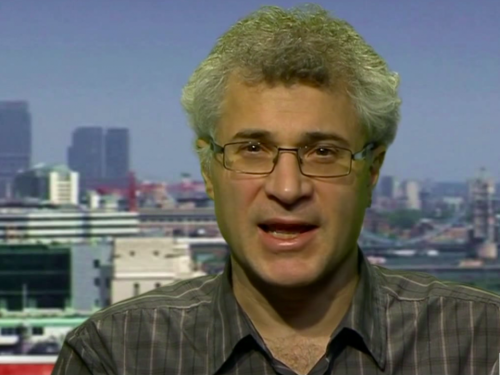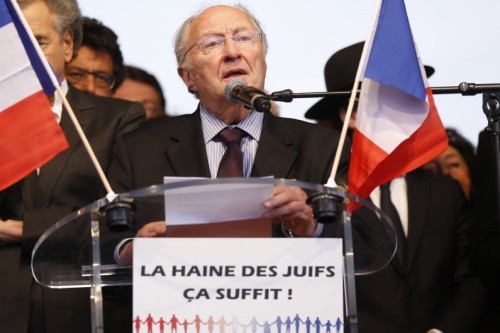Jewish Fear and Loathing of Donald Trump (5): Would Trump’s Defeat Be Blamed On Jews?

Posted at Vdare.com
See previous articles in this series.
Almost exactly a year ago, VDARE.com Editor Peter Brimelow raised the question of whether America’s Jewish groups would turn on Donald Trump (who after all has Jewish grandchildren and a lifetime of Jewish business associates) with the hysteria they employed against Patrick J. Buchanan. I have been tracking the matter ever since and the answer is now in: yes—clearly triggered by visceral reaction against Trump’s nationalist acceptance speech in Cleveland and outright panic at his subsequent poll lead (July 25-29 according to the Real Clear Politics average). I suspect, however, that we have crossed a watershed and that, regardless of the results of this election, this will not end well for them.
Before the convention, Wall Street Journal Deputy Editorial Page Editor Bret Stephens [Email him] said with astonishing arrogance: “It’s important that Donald Trump and what he represents—this kind of ethnic quote, ‘conservatism,’ or populism be so decisively rebuked that the Republican Party, the Republican voters will forever learn their lesson…” WSJ‘s Bret Stephens: Trump Must Lose So Badly That the GOP Voters ‘Learn Their Lesson’, by Sam Reisman, Mediaite, May 29 2016.
Just on Friday, Paul Krugman [Email him] writing in the New York Times continued the now-widespread theme: any expression of ethnic identity by America’s whites, no matter how implicit, was “bigoted” and “white nationalist”:
Recently Avik Roy, a leading Republican health-policy expert, had the personal and moral courage to admit what liberals (and political scientists) have been saying for years: “In reality, the gravitational center of the Republican Party is white nationalism.”
Just to be clear, I’m not saying that top Republicans were or are personally bigoted—but that doesn’t matter. What does matter is that they were willing to curry favor with bigots in the service of tax cuts for the rich and financial deregulation. Remember, Mitt Romney eagerly accepted a Trump endorsement in 2012, knowing full well that he was welcoming a racist conspiracy theorist into his camp.
All that has happened this year is a move of those white nationalists from part of the supporting cast to a starring role.
Pieces of Silver, August 12, 2016 (links in original)











